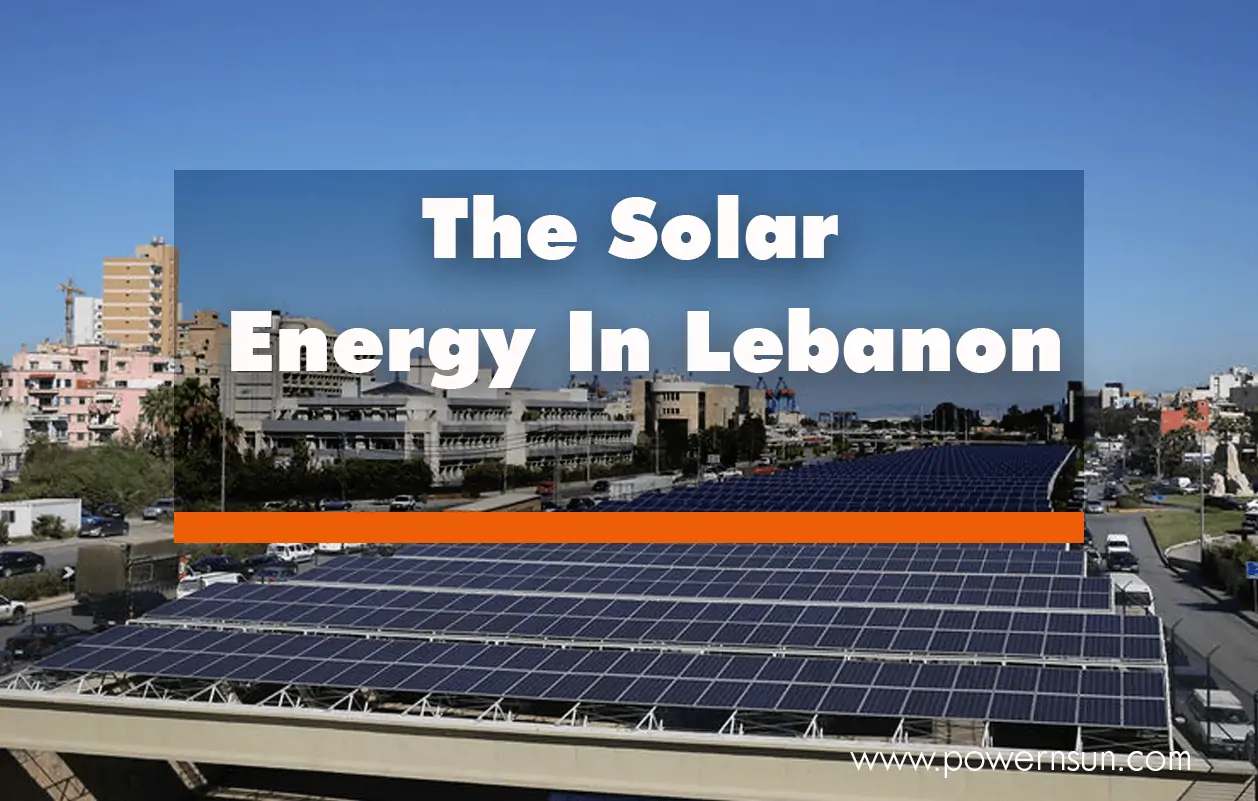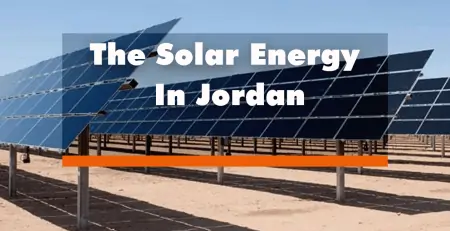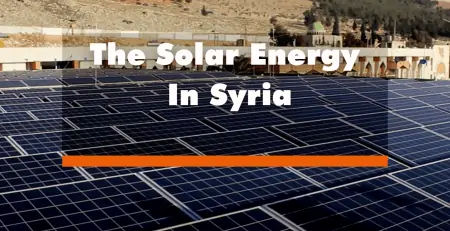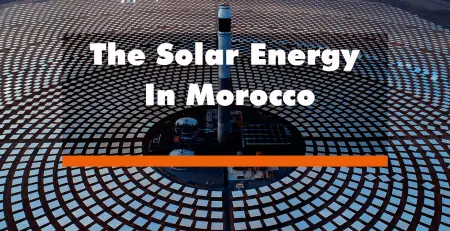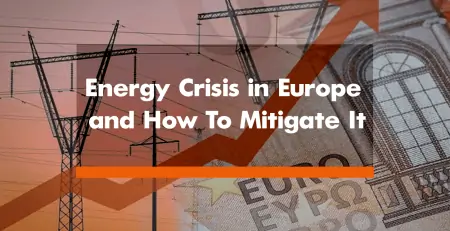The Solar Energy In Lebanon
Facing scarcity in electricity, the Lebanese are shifting their attention to solar energy to fulfill their energy demands. The recent years are a crucial period for Lebanon as the nation experienced numerous crises. Right from the pandemic of Covid-19 to the Beirut port explosion, where the situation became worse due to the war in Ukraine, there are several issues faced by Lebanon.
Added to this, the energy sector of the nation is also encountering much disruption in the past decade. This makes the country turn to focus on the era of smart and sustainable energy – Solar energy.
Energy Crisis In Lebanon
Since 2019, Lebanon has been overwhelmed by an economic crisis. There is a collapse of the state power grid in Lebanon and most people in the nation are being forced to use private generators to cope with the situation. However, the demand for electricity could be met only for half the day.
The electricity crisis in Lebanon has been considered among the 3 worst that has impacted the living standards of people (since the mid-1800s), according to the World Bank. Before the initiation of war and Russia invaded Ukraine, a grim assessment had been made. This led to inflationary pressure on some of the vital goods – energy, and food.
This electricity crisis has made people to be surrounded by darkness and it’s the situation that emphasizes looking into the ways that allow accessing clean and affordable electricity.
As of now, the Government supports people with electricity supply for 1-3 hours a day, on average. In addition to this government’s supply of electricity, those who are capable also utilize private generators.
Reports indicate that the dramatic devaluation of Lebanon, along with its fuel shortages and supply chain bottlenecks has pushed the prices of electricity to be much more expensive.
All the above indicates, the situation highly demands some sought of action to be taken against electricity shortage, and immediate effects are required to strengthen the electricity sector.
Booming Of Solar Power In Lebanon – Can It Solve The Energy Crisis?
Power cuts are becoming more prevalent in the country. Running out of fuel and shutting down power plants are really bad signs. It is very tough to cope with the situation with surging energy demand and increased energy costs.
What could be the catalyst to the darkening scenario of the nation is to invest in renewable energy. Caught up in a bad condition of severe power cuts and all-time high and costly diesel for backup generators, people in the country are looking to harvest solar power to power up the situation.
Already in the past decade, private solar power installations have ended up with 100 MW of solar. However, Lebanon is still with its efforts to devise a feasible plan that would solve the energy issues through renewable sources.
The best part here is the country is filled with plenty of power from the sun and moving towards this natural force can help the nation to reduce its dependence on fossil fuels and protect the people from darkness.
A report from International Renewable Energy Agency (IRENA) implies that it is possible for Lebanon to get around 30% of its electricity supply from renewable sources, targeted to reach by 2030.
Is Embracing Solar Energy Makes It Sense For Lebanon?
It is truly an urging state for the nation to think about investing in the renewable source of sun that lets people produce their own energy. Almost 300 sunny days are prevailing in the country. Unfortunately, only 1% of state-provided power is received from solar energy. The remaining 95% are produced through oil.
Thanks to the positivity of the nation, citizens in Lebanon always look for some of the best ways to be resilient during times of crisis. LFRE – The Lebanese Foundation for Renewable Energy is promoting the nation to make the transition into a green energy revolution which is expected to reform the existing condition to address the energy challenges with renewable solar energy.
- A recent study from the foundation indicates the capability of a solar plant in Tfail, in the Bekaa, powerful enough to generate 300 MW. The cost of electricity production falls here around 4.2 to 5.3 cents/kWh.
- The Ministry of Energy has awarded solar tenders that would probably enable small 15 MW plants to get the best of 5.7 cent/kWh.
- With a production cost of nearly $17c per KWH, on average said by EDL, solar energy is certainly an affordable, excellent, and sustainable solution for the energy crisis of Lebanon.
The most cost-effective approach of adopting solar energy for secure and reliable electricity is the way forward and it will be realized through the government’s large-scale projects.
There is a gradual shift in Lebanon – right from 0 solar power production in 2010 to a solar capacity of 90 megawatts in 2020. It is further great to know that the capacity has been extended to 1 00 megawatts in 2021 and 500 megawatts in 2022.
The Lebanese government is very strong with its pledge of sourcing 30% of energy from renewables by 2030, and confirmed the same at the U.N.’s COP27 climate summit, held recently.

